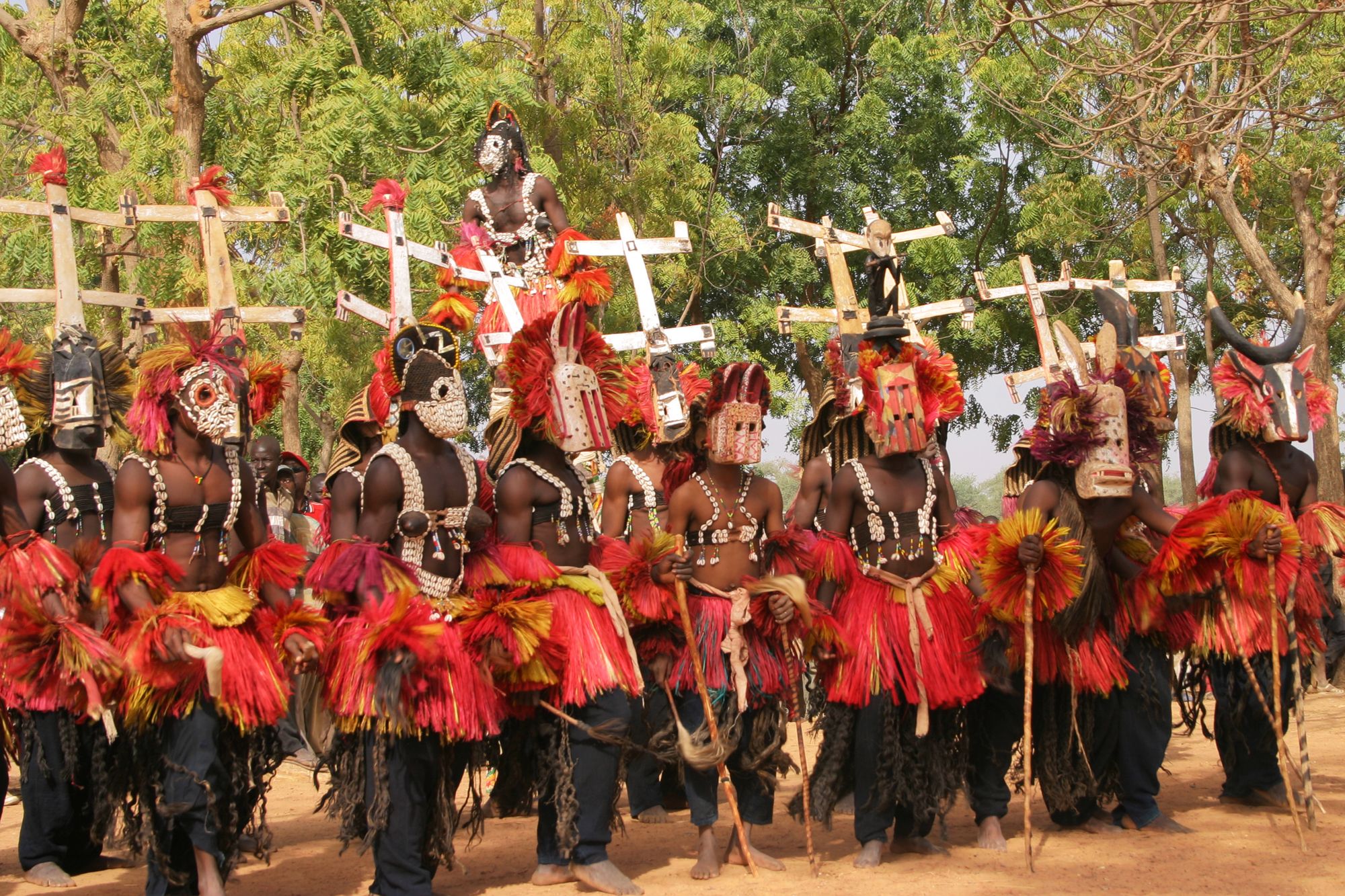Celebrating Togolese Heritage and Culture in the US
Embracing Togolese Heritage in the United States
The vibrant culture and rich heritage of Togo, a country nestled in West Africa, have found their way into the heart of the United States. The Togolese community in the U.S. is growing, and with it comes a unique blend of traditions, music, food, and celebrations that enrich the multicultural tapestry of American society. This blog post explores how Togolese heritage is celebrated and preserved across the U.S., offering a glimpse into the customs and festivities that make this culture so unique.

Preserving Traditions through Community Gatherings
Togolese Americans often come together to celebrate their roots through community gatherings. These events, which can range from informal family get-togethers to large-scale festivals, serve as a platform for sharing traditional music, dance, and storytelling. Community centers and cultural associations play a crucial role in organizing these events, ensuring that younger generations remain connected to their heritage. Additionally, these gatherings often include workshops on traditional crafts and languages, further preserving Togolese culture.
The annual Togolese Independence Day celebration is a significant event for the community. Held on April 27th, it commemorates Togo's independence from French colonial rule in 1960. This day is marked by parades, cultural displays, and speeches that highlight the nation's history and achievements.

Culinary Delights: A Taste of Togo
Food is an integral part of any culture, and Togolese cuisine is no exception. In the U.S., Togolese dishes have gained popularity not only among the diaspora but also among food enthusiasts seeking new flavors. Restaurants and food festivals often feature dishes like fufu (a dough-like staple made from yams or cassava) and grilled fish seasoned with traditional spices.
Cooking classes and food fairs allow people to experience these unique tastes firsthand. These events often include demonstrations of how to prepare iconic dishes, providing an authentic taste of Togolese culinary traditions.

Music and Dance: The Heartbeat of Togolese Culture
Music and dance are at the core of Togolese cultural expression. Traditional rhythms and dances like Agbadja and Akpesse are performed at cultural festivals and community events across the U.S., bringing people together in celebration. These performances not only entertain but also educate audiences about the history and significance of each dance.
Many Togolese Americans are actively involved in music groups that perform both traditional and contemporary Togolese music. These groups often collaborate with musicians from other cultures, creating a fusion of sounds that reflects the diversity of the U.S.

Promoting Cultural Awareness
To further promote Togolese heritage, educational initiatives have been established to increase cultural awareness among Americans. Schools and universities offer courses and programs focusing on African studies, including Togolese history and culture. Cultural festivals held on campuses provide students with opportunities to engage with Togolese traditions through music, dance, art, and lectures.
Additionally, exhibitions showcasing Togolese art and artifacts are organized in museums across the country. These exhibitions provide insight into the country's rich artistic heritage, highlighting its renowned textiles, sculptures, and pottery.

The Future of Togolese Culture in the U.S.
As more Togolese people make their home in the United States, their cultural impact continues to grow. By embracing their heritage while integrating into American society, they contribute to the rich mosaic of cultures that define the nation. The efforts to celebrate and preserve Togolese traditions ensure that this vibrant culture will thrive for generations to come.
The spirit of Togo lives on in the U.S. through its people, their stories, and their celebrations. By sharing their culture with others, they not only honor their past but also build bridges across communities, fostering understanding and appreciation for diversity.
